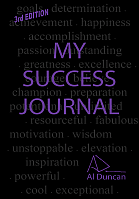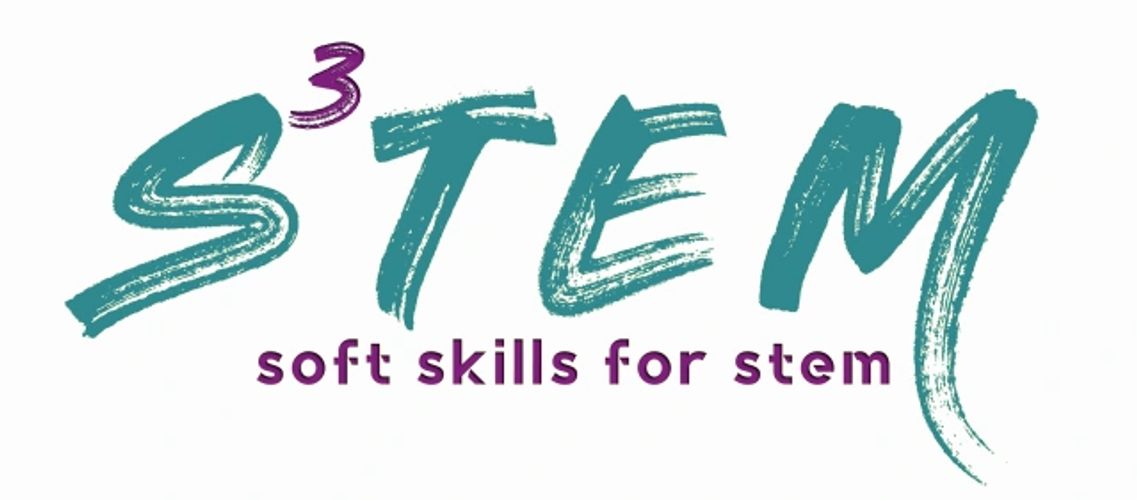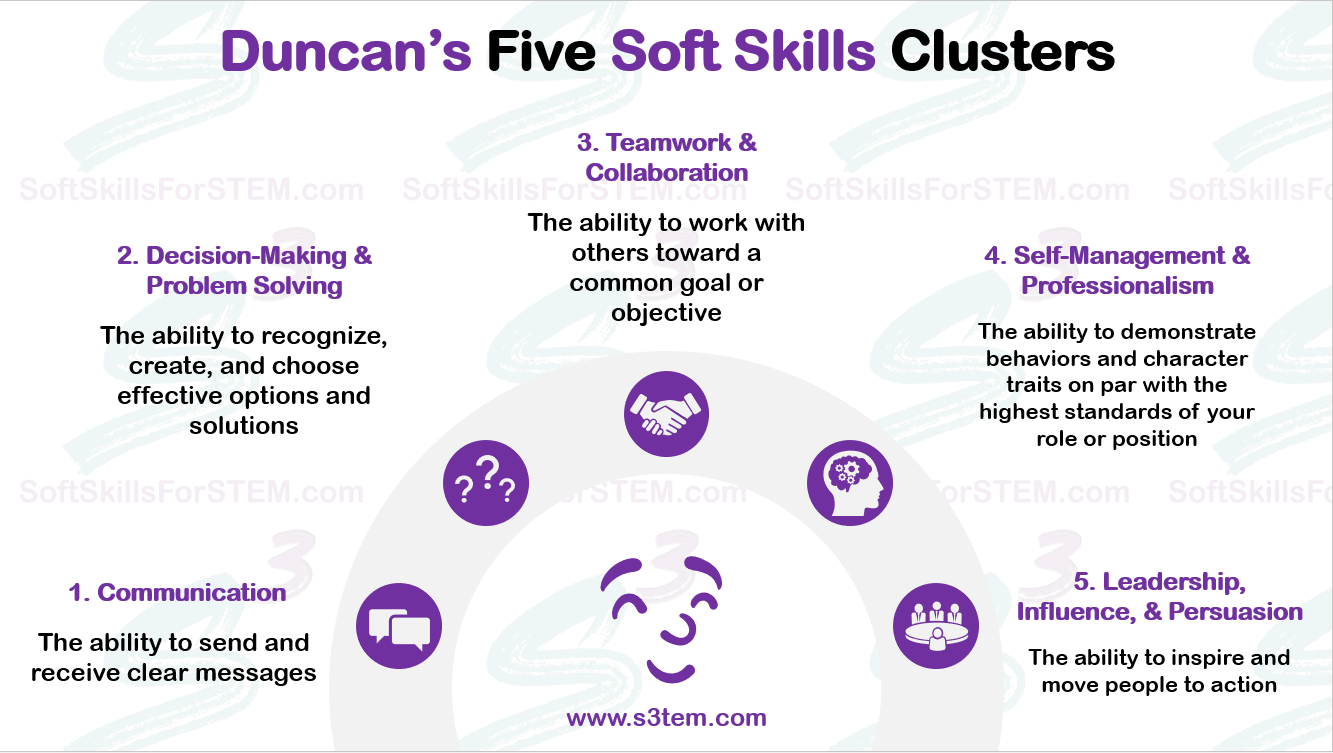7 Business Writing Tips For Students In The Workplace

Maybe you can help me out. I have been banging my head against my desk for about 10 minutes now trying to remember the name of a movie.
It’s the one where somebody leaves the wrong voicemail on a person’s answering machine and then has to break into the house to get the voicemail before the other person hears it.
Do you remember that movie? If you do please let me know what it is. Thanks.
Now…
Have you ever wished you could get to a voicemail, text, tweet, or email before the person you sent it to read it? What about a resume, an essay, research paper or something along those lines?
Practically everybody has. It’s a terrible feeling. The sad part is, some people never even realize that there was a problem to begin with. Not cool.
If you checked out the last article I wrote on writing—6 Reasons Young Employees Need Better Written Communication Skills—then you already know that strong business writing skills are in serious demand and, at the same time, lacking in the workplace.
That article was focused on why writing skills are important to your career. This time, let’s focus on how to improve your writing skills so that you don’t have to break into someone’s office to save your job.
A 2004 report by The College Board (the SAT folks) noted that the most important aspects of writing in the workplace are:
— Accuracy
— Clarity
— Spelling
— Punctuation
— Grammar
— Conciseness
Here are 7 tips based on those aspects of writing:
1. Think before you write.
Most people just jump in and start writing or typing. That’s usually not a good idea. The more important the communication, the more time you should take to think about it before you start writing. Think about questions like these:
What is the main message I want to get across?
What questions am I supposed to be answering?
Who is going to read this? What does he or she really want to know?
Answering these questions will help you get your thoughts out with greater accuracy, clarity, and conciseness.
2. Brief is good, but incomplete is not cool.
Concise means to be as brief as possible while still being complete. If you want to drive someone bonkers, send her an email, memo, or report that could’ve been written with 100 fewer sentences. Grr… (Sorry, I’m having a flashback.)
Sometimes people go too far in the opposite direction. They confuse concise with incomplete. Incomplete sentences, thoughts, and ideas are a guaranteed way to befuddle your reader.
Be as brief as possible AND as thorough as possible.
3. Be careful writing on your mobile phone.
When writing emails on your phone you tend to write in slang, textese or txtspk because that’s what we’re anchored to do on mobile devices. If a quick response is needed, there are times when those things might be okay.
In many cases, however, slang, smiley faces, and txtspk are inappropriate. If you are not sure, get to a computer or tablet and stick to proper grammar.
Also, autocorrect can ruin you. How many times have you had to send a follow-up message like this? “Sorry. Stupid autocorrect.”
4. Read it out loud.
While you edit, read it out loud. If there are too many people around or if you are in a library then move your mouth as if you were reading out loud. This will help with the clarity of your writing. It will also help you catch spelling, punctuation, and grammar mistakes.
5. Let it marinate.
After you finishing editing, if you can, take a break. I understand this may not always be possible, but waiting 60 seconds and then reading it out loud again will help improve your accuracy, spelling, punctuation, and grammar.
The more important the document, the more important this step is. Let it marinate for an hour or even overnight if time permits. Then come back and read it out loud one final time. I normally catch a few more mistakes or I see something that could be worded better.
6. Use another pair of eyes.
“I can’t believe I missed that! I read it like a hundred times.”
Sound familiar? It happens to everybody, but it happens less frequently to people who don’t solo-edit. (Yes, I made up that word.)
While you’re letting your work marinate, if possible, let someone else read it. The longer it is and the more important it is, the more you need someone else to read it. For example, you can probably solo-edit your emails, but you should use another pair of eyes for cover letters, presentations, reports, and other documents along those lines.
7. Take responsibility for your writing skills. Practice. Duh!
I probably should have started with this one. What you learn in high school or college may not be enough. But what are you going to say in an interview or performance review? “It’s my teacher’s fault I don’t know how to write.” Let me know how that works out for you, ok?
Duncan Nugget #1:
Write and succeed.
Take some kind of business writing course when you can (here’s a list of free online writing courses) and use the tips you just learned to improve your writing skills and your bank account.
Million-Dollar Question:
How soon are you going to start using these tips to improve your writing?
DISCUSSION QUESTIONS
1. How will improving your writing skills help you achieve your goals?
2. For you, what is the most challenging part of improving your writing skills? How do you or will you deal with that with challenge?
3. Name a scenario when it’s okay for you to be less formal in your business writing? What makes you believe that less formal writing would be okay in that instance? Find a professional you know and find out if he or she agrees with you? (Hint: When in doubt, it’s better to be formal.)






